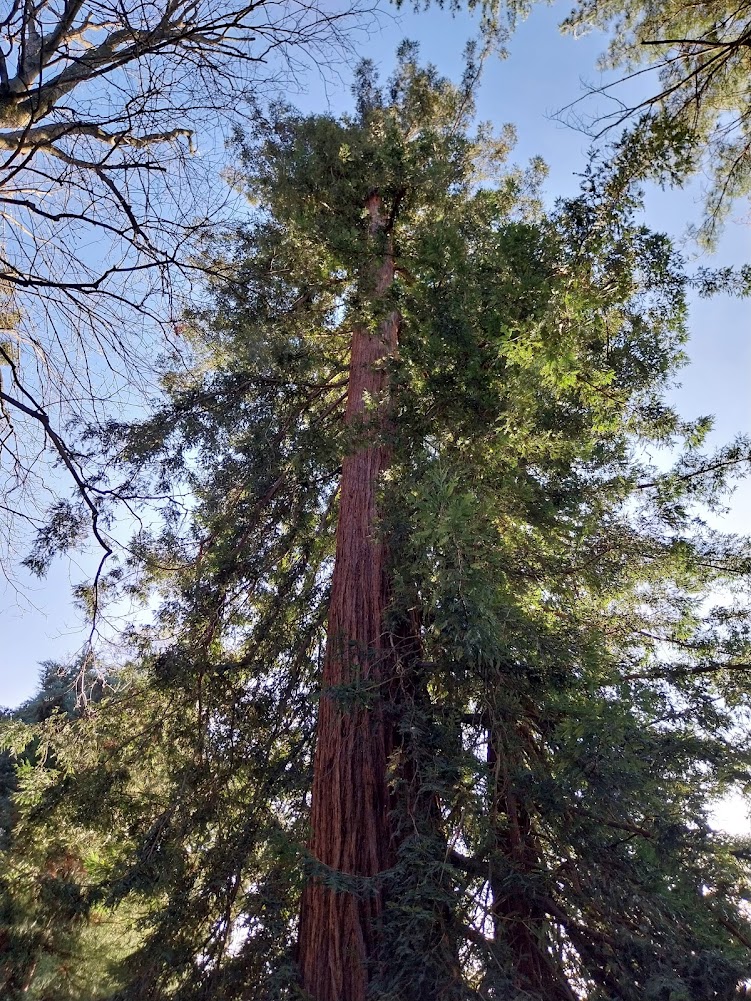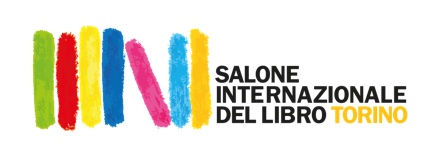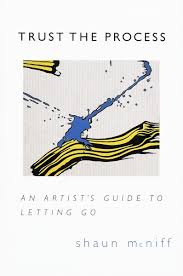Trusting the Process – Shaun McNiff’s Trust the Process
When we get stuck in our own heads, trusting the process is useful advice. Here I take a look at art therapist Shaun McNiff’s book Trust the Process: An Artist’s Guide to Letting Go.
I bought this book a few years ago during a kind of “pre-estate” sale near where my parents live. The owner of the house was still alive, but had hired a company to come in and conduct the sale. I thought it was only slightly less sad than if the woman, who I didn’t know, had actually died. I felt strange traipsing through her beautifully-decorated house, price tags on every imaginable item. The silver place settings and tea service were stunning, but obviously out of range both in terms of price and practicality. I settled on a more accessible paperback. A little unsure about the title given its use of the word “artist,” I nevertheless thought it sounded interesting.
Constructive Reflections from an Art Therapist
McNiff is an art therapist who has written several books. Published in 1998, Trust the Process: An Artist’s Guide to Letting Go is full of constructive reflections and a few exercises for all creative types, regardless of their interests. Broken out into five sections (Unpredictable Magic; In the Beginning Is the Attitude; Every Experience Has Something to Offer; Create with What You Already Have; and Practice), the book has an easy-to-read style that provides a lot of food for thought as well as inspiration.
Schoolteachers
One very interesting — and, honestly, painful — observation McNiff makes is that schoolteachers participating in his workshops “are often the most resistant to free and imaginative expression.” He attributes this to the fact that teachers often expect or demand “clear directions and immediate applications because school is almost totally focused on training the literal mind.” Gulp. This hits at a personal level since I’m a teacher and do tend to be very pragmatic, but I also think it has scary ramifications on a societal level. It seems like the more creative and flexible teachers are, the better off students would be, which in turn would be a net positive all the way around.
In any case, McNiff also points out that those same participants who have the most difficulty in workshops typically have the best “outcomes,” something he attributes to that very difficulty. I found this highly encouraging. After all, if difficulty is a measure of a desirable outcome, I think I’ll find myself at the top of some sort of metaphorical heap once I finish drafting a novel.
It’s All About the Process
A further encouraging discussion is that, for McNiff, it’s all about the process, which means it’s about an act. It doesn’t matter what that act is, so we have a lot of leeway, which on its own should provide comfort in addition to motivation. In other words, it matters less that you’re focusing on one particular thing than simply doing something. In fact, he maintains that being creative across and engaging with multiple mediums is a boon to our overall creativity. This might sound obvious, but I think we often get caught up in thinking that if we’re not working on one specific project, or focusing on a target, what we’re doing doesn’t count or is a waste of time.
Make Like a Sequoia

Recently we were outside of Turin, visiting a local castle and garden, and we came across this beautiful sequoia. It struck me as an oddball, alone, in the middle of Piedmont, but I was excited to see it. (Apparently, there are quite a few sequoias around Italy, after they were introduced in 1848.) Aside from its beauty, its existence is inspiring. That tree doesn’t question where it’s going or how it’s going to get there, it just does its growing a little every day. Kind of like what McNiff recommends. It’s less about the what you’re doing as it is about the doing. So make like a sequoia, and grow.
Finally, when we feel stuck, it’s beneficial to remember what McNiff has to say about that: “The most fundamental cause of artist’s block is connected to the inability to simply let go of premeditation.” This means premeditation on all levels, from what you think you are going to or should accomplish in a particular creativity session, to what you think you are going to or should accomplish on a more global level. How liberating!
Salone del Libro 2025

And now on to some people who have definitely had no issues in trusting the process, if their list of published works and accolades is any indication. It’s that time of year again! I have been perusing the Salone del Libro 2025 book festival schedule, trying to organize who I can see and when. There are so many choices this year!
Scott Turow will be here, as well as Jane Smiley (Pulitzer Prize winner for A Thousand Acres); Brian Evenson (multiple award winner, including the Shirley Jackson Award); and Michael Bible (The Ancient Hours and Empire of Light).
Walter Mosley, a Mystery Writers of America Grand Master and creator of detective Easy Rawlings, The Devil in a Blue Dress) will be here, as will Joël Dicker (multiple prize winner, The Truth About the Harry Quebert Affair). Mircea Cărtărescu (Solenoid, multi-award winner, including the Los Angeles Times Book Prize for fiction and The International Dublin Literary Award); Georgi Gospodinov (Time Shelter, International Booker Prize winner); and Paul Murray (The Bee Sting, multiple prize winner and one of my Twelve Books of Christmas — favorite books of 2024) are others who are scheduled to be here.
Between work commitments and event logistics (why is everyone I want to see always scheduled at the same time?!), I’ve had to narrow it down to one day, but I will try to stack events. Let’s see how successful I am — wish me luck!
When in Doubt
Frou Frou had some great advice, applicable to most things in life, whether you’re trying to decide what to create or who to go see at your local book festival. When in doubt, let go.
What’s Your Take?
What’s your take on all of this? Do you do creative things outside of writing? If so, what? Do you find it easy to view everyday activities as creative ones? How easy is it for you to trust the process? And have you read any of the authors who are going to be at the Salone del Libro this year? I’d love to hear from you in the comments below.
Pulling at Threads is my occasional newsletter. It always accompanies my blog posts. If you want more of an “insider’s” view on what’s happening in my reading and writing life (or just to get notified of the latest post), you can sign up here.


